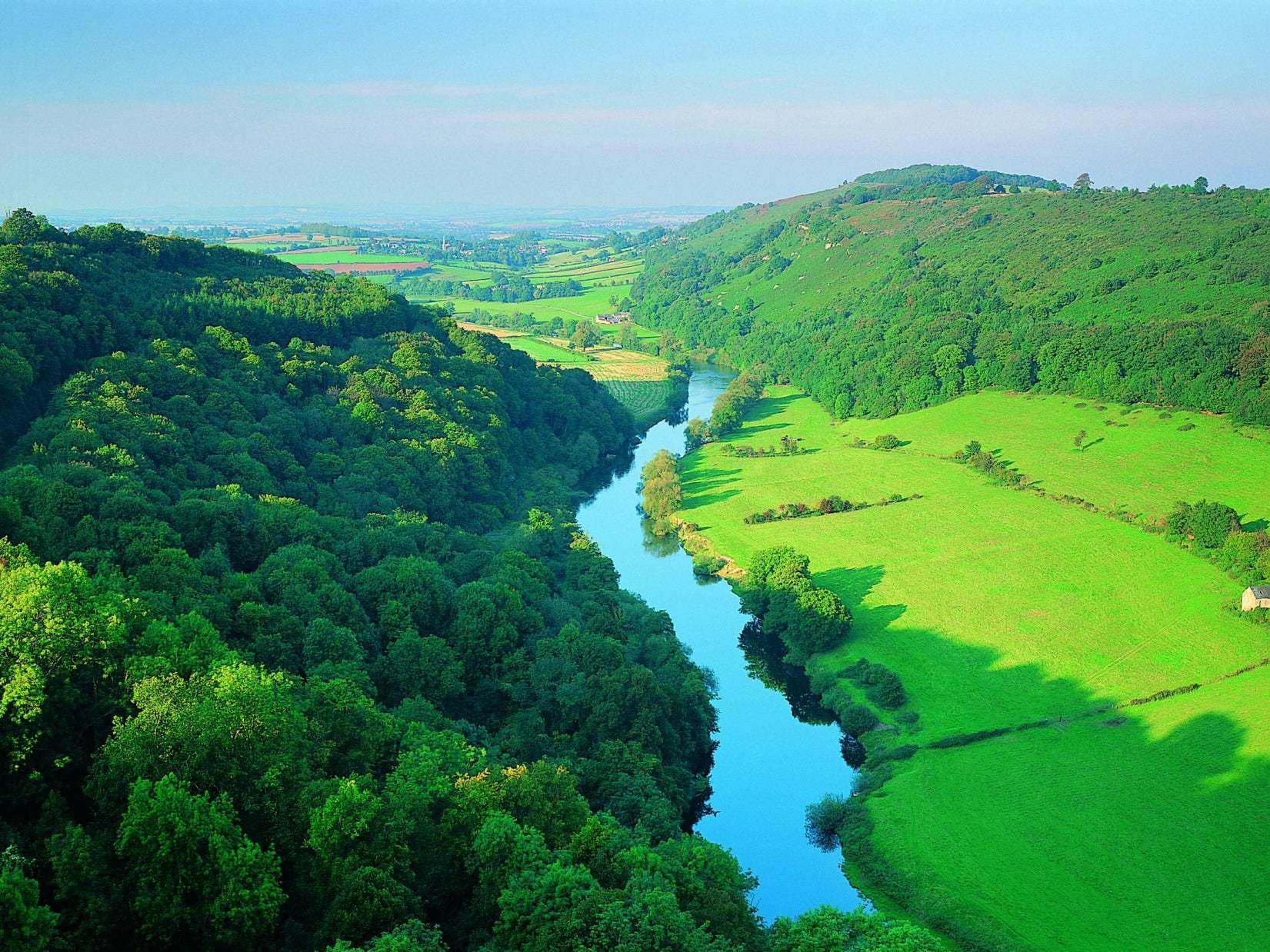Herefordshire: The pastoral idyll conceals a county riven by Brexit
With few jobs for young people, poor roads and its agricultural core put at risk by Brexit, why did so many farmers in Herefordshire vote Leave? Patrick Cockburn sounds out the locals

Herefordshire, a county of apple blossom and wild daffodils overlooked by the dark Welsh hills, is England’s arcadia. Its landscape inspired the magical land of Narnia according to CS Lewis. Its ancient gnarled oaks were the reputed model for the Ents, the fabulous trees that walk through the woods and talk to hobbits and wizards in JRR Tolkien’s The Lord of the Rings.
For anybody in search of an idyllic pastoral England, Herefordshire appears to be the right place to come. Everything is on a human scale, from the small cathedral city of Hereford with a population of 70,000, to the scattering of towns, villages, and hamlets filled with black-and-white timber frame houses. For those seeking signs of a more robust England, recalling heroic battlefields from Agincourt to Arnhem, there is the comforting presence of the SAS headquarters on the outskirts of Hereford.
Many people living here do not relish change for understandable reasons and regret the changes in Britain since the country entered the EU a half century ago. “There is a lot of nostalgia in Herefordshire,” says local historian David Whitehead. He notes that local newspapers like to run two-page spreads of old photographs of the county in the inter-war period when life appeared to be more stable and predictable. “People feel closer to the past here than in most of England,” he says.
Subscribe to Independent Premium to bookmark this article
Want to bookmark your favourite articles and stories to read or reference later? Start your Independent Premium subscription today.
Join our commenting forum
Join thought-provoking conversations, follow other Independent readers and see their replies